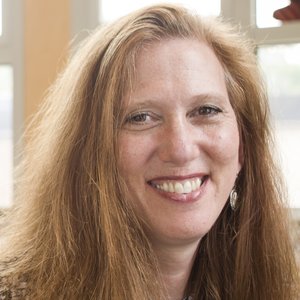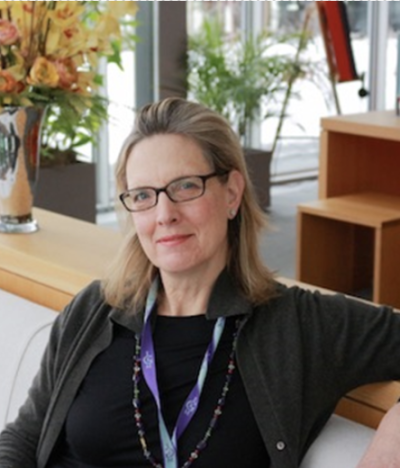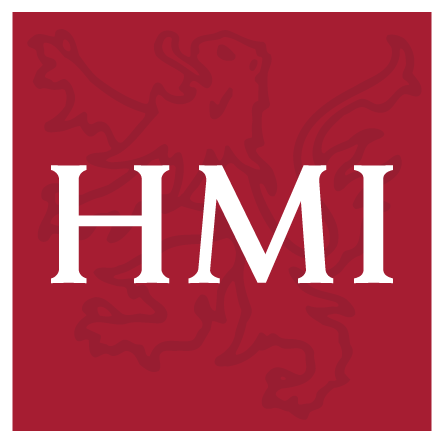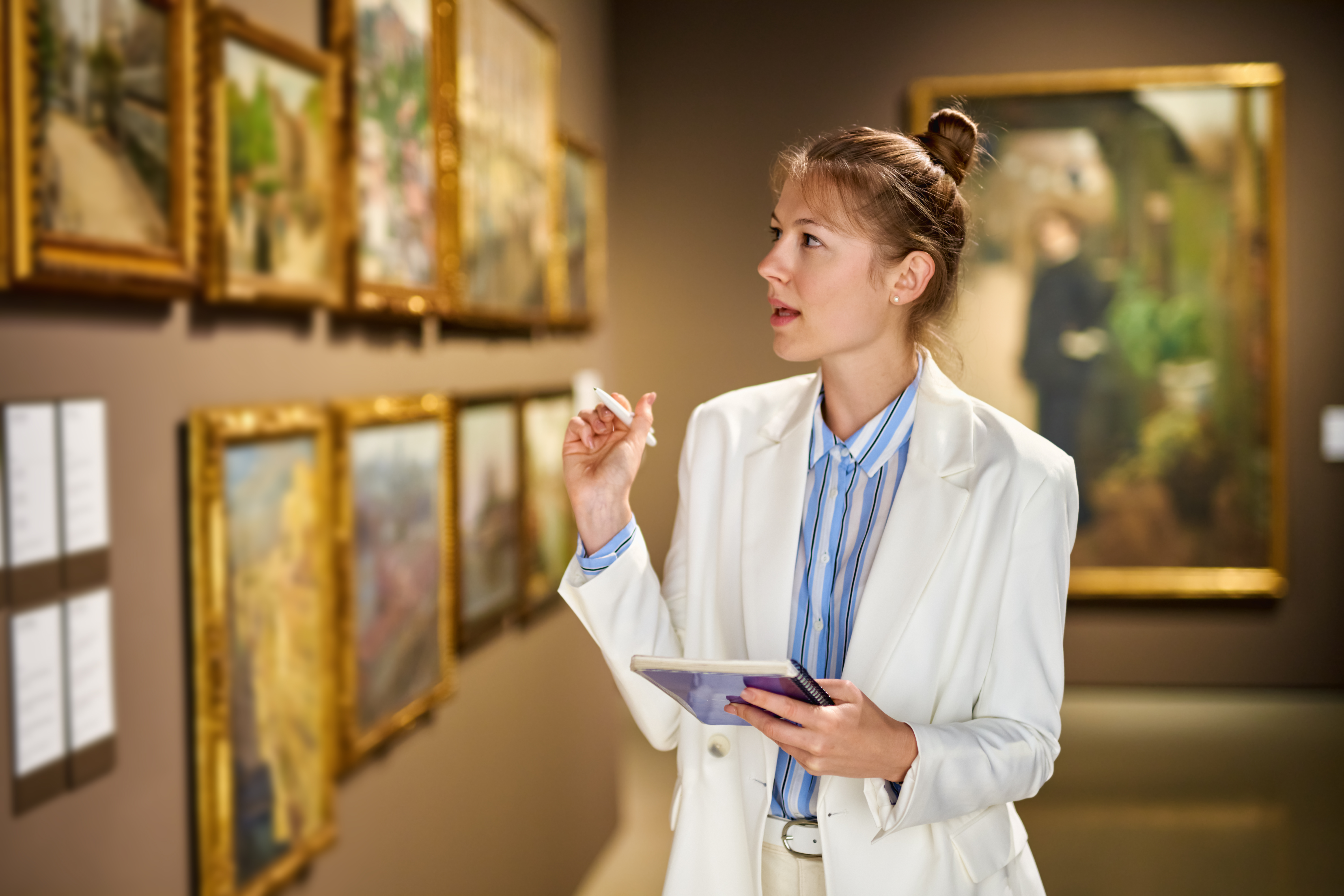The Art Museum-based Health Professions Education Fellowship was founded in 2019 by three course directors from diverse professional backgrounds and with a shared interest in the arts and medical education. Gaufberg, Wong, and Zimmermann are dedicated to creating a reflective, collaborative, and inspiring learning environment for their fellows. They share their unique experiences as the co-directors of this fellowship.
The field of the arts and humanities in health professions education has grown expansively over the past few decades, in part out of recognition of the erosion of humanism in medicine and the need to emphasize the importance of relationships and a sense of meaning and purpose in work in healthcare. With Zimmerman’s background in museum education, Gaufberg’s passion for humanism in medicine as an internist, psychiatrist and educator, and Wong’s experience as a pediatrician, musician and co-director of the Arts and Humanities Initiative at Harvard Medical School, they are perfectly poised to lead this impactful program. Having collaborated on several joint Harvard Medical School-Harvard Art Museum symposia, the course directors realized there was a need for faculty who could lead efforts toward greater integration of the arts and humanities in medical education. The Harvard Macy Institute’s (HMI) structured faculty development program launched after being inspired by a series of well-received workshops during the HMI Program for Educators in Health Professions, and uses a classic Harvard Macy, longitudinal project-based approach with the goal of fostering a community of practice.
As the role of museums in society undergoes transformation, with increased focus on underrepresented artists and accessibility for diverse audiences including modalities such as music, dance, and writing, the fellowship has embraced this evolution with enthusiasm. Many alumni scholars of the program have become notable figures in museum-based education, making impactful strides in curriculum advancement and scholarly works, while also taking on leadership roles. Moreover, they have begun engaging their Fellowship graduates as project mentors.
Gaufberg emphasizes the significant contributions of fellows as peer teachers to one another; all enter the fellowship with prior experience integrating arts and humanities into their teaching with health professions learners. “The fellows learn as much from each other as they do from us. Their projects are quite diverse, they reach learners from different disciplines and cover a wide array of topics. They enter with plans for using the museum environment in innovative ways to foster core clinical skills such as observation, interpretation, critical thinking, empathy and communication ” she says. The course directors note that exploring art together provides a valuable opportunity for sharing perspectives and promoting generative conversations across differences, maintaining curiosity and openness. Gaufberg also highlights her love of both the integration of "inner work" through reflection, and examination of core values, and "outer work" through institution-facing teaching and project development. She sees these aspects as inseparable, contributing to the authenticity of fellows' interactions and relationships.
The greatest challenge in the course's evolution was the transition to a virtual format during the COVID-19 pandemic. Initially skeptical about the viability of conducting an art museum-based fellowship over Zoom, the course directors were pleasantly surprised to find overwhelming interest from prospective participants. A new repertoire of virtual offerings in art-based education was developed and disseminated nationally.
All three course directors believe embracing the value of the arts and humanities is the most important new trend in health professions education. Gaufberg points to initiatives such as Fundamental Role of the Arts and Humanities in Medical Education (FRAHME), spearheaded by the Association of American Medical Colleges (AAMC), as marking an exciting recognition of the value of arts and humanities in the landscape of health professions education. With a growing array of courses dedicated to integrating arts and humanities within medical education, the Art Museum-based Health Professions Education Fellowship remains unique in all that it offers. “Our fellowship program gives faculty in health care professions the opportunity to learn and experience new teaching techniques in museums, as well as receive feedback and expert consulting as they develop programs of their own for their home institutions,” says Wong. They look forward to welcoming a new dynamic class of fellows in the Fall.
Did you know that the Harvard Macy Institute Community Blog has had more than 395 posts? Previous blog posts have interviewed other course directors including Holly Gooding, Derek van Bever, and Louis Pangaro.

Elizabeth Gaufberg, MD MPH is an associate professor of Medicine and Psychiatry at Harvard Medical School, Director of Professional and Academic Development at the Cambridge Health Alliance, and a Senior Consultant to the Association of American Medical Colleges FRAHME (Fundamental Role of the Arts and Humanities in Medical Education) Initiative. Liz co-founded and co-directs the Harvard Macy Institute Art Museum-based Health Professions Education Fellowship. Elizabeth’s areas of professional interest include exploring assumptions about teaching and learning, and developing innovative models of medical education, and humanities and arts-based pedagogy. Elizabeth can be contacted via email.

Lisa Wong, MD, is an assistant professor of Pediatrics and Associate Director of the Arts and Humanities Initiative at Harvard Medical School. Lisa is a primary care physician for Mass General for Children. Lisa’s areas of professional interest include developmental pediatrics, general pediatrics, and medicine and the arts. Lisa can be contacted via email.

Corinne Zimmermann, MA, MEd, is an art museum educator who has held senior positions at the Isabella Stewart Gardner Museum; the Harvard Art Museums, Harvard University; and the Peabody Essex Museum. Corinne co-founded and co-directs the Harvard Macy Institute Art Museum-based Health Professions Education Fellowship. Corinne’s areas of professional interest include multidisciplinary teamwork and communication, observation and critical thinking skills, and facilitative leadership. Corinne can be contacted via email.
HMI Staff


